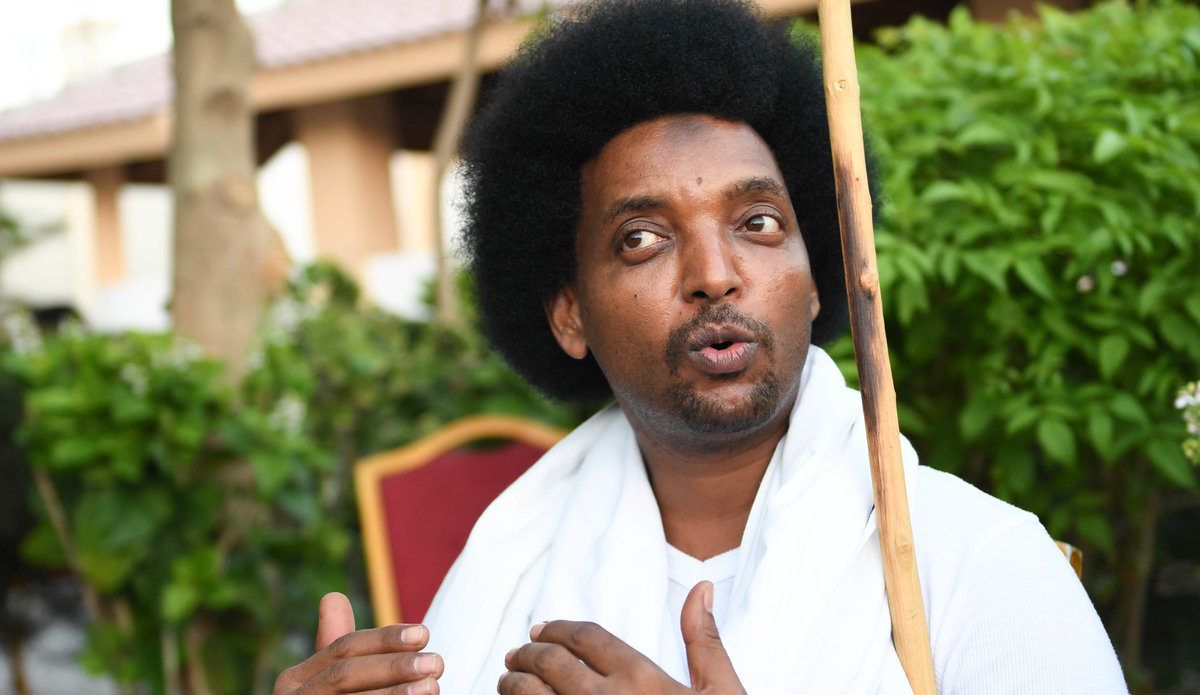Somalia’s electoral process is the most discussed topic in public places
Somalia’s landmark electoral process has dominated discussions in public places across the Horn of Africa country over the past few months, as Somalis examine the democratic progress the country has made after years of civil war.
Scores of political analysts gather daily to debate and share views about the ongoing process, which will culminate in presidential elections later this month. Conversations are animated and go on for hours, with breaks only for meals or refreshments.
At a popular hotel in Mogadishu recently, newly elected member of the House of the People, Sadik Warfa, of Puntland state, expressed his thoughts on the electoral process to a group of colleagues.
Warfa described the delegates system, adopted by the National Leadership Forum to guide the electoral process, as an illustration of the country’s evolution towards representative governance.
“We have passed the era when elders picked MPs. I see it as a step in the right direction for the Somali people,” Warfa said.
The MP voiced his optimism about the post election period and looks forward to debate in parliament.
“When the House of the People holds its first sitting, the priority will be to hold the government accountable. It should have oversight responsibility to represent the views of the Somali people, ” Warfa told a keen audience, gathered around his table.
At another table, Liban Abdi Ali, a political analyst and former journalist, delved deeper into the issue of local media coverage of the electoral process.
“In my view, they (media) were focusing on conflict, like a candidate’s clan, which group he belongs to and such issues; although they are supposed to focus on each candidate’s experience, knowledge, achievements and political agenda, ”Liban said.
He expressed disappointment at the media’s inability to organize political debates prior to the elections.
At the far end of the restaurant, author and political analyst Abukar Sheikh Ahmed questions the decision to push back universal suffrage until 2020, saying there was no public voting or campaign.
“Most of the candidates knew their target (delegates) and they were campaigning in parliament and within their clans,” Abukar argues.
Somalia’s electoral process, which is currently in its final stages, has seen voting taking place in five federal states and Mogadishu. At the conclusion of the electoral exercise, two hundred and seventy five members of the House of the People will have been elected from South West, Puntland, Galmudug, Hirshabelle, Jubbaland and Somaliland states; and Banaadir region.. A further 54 members of the Upper House will also have been elected.
END
 UN
UN





